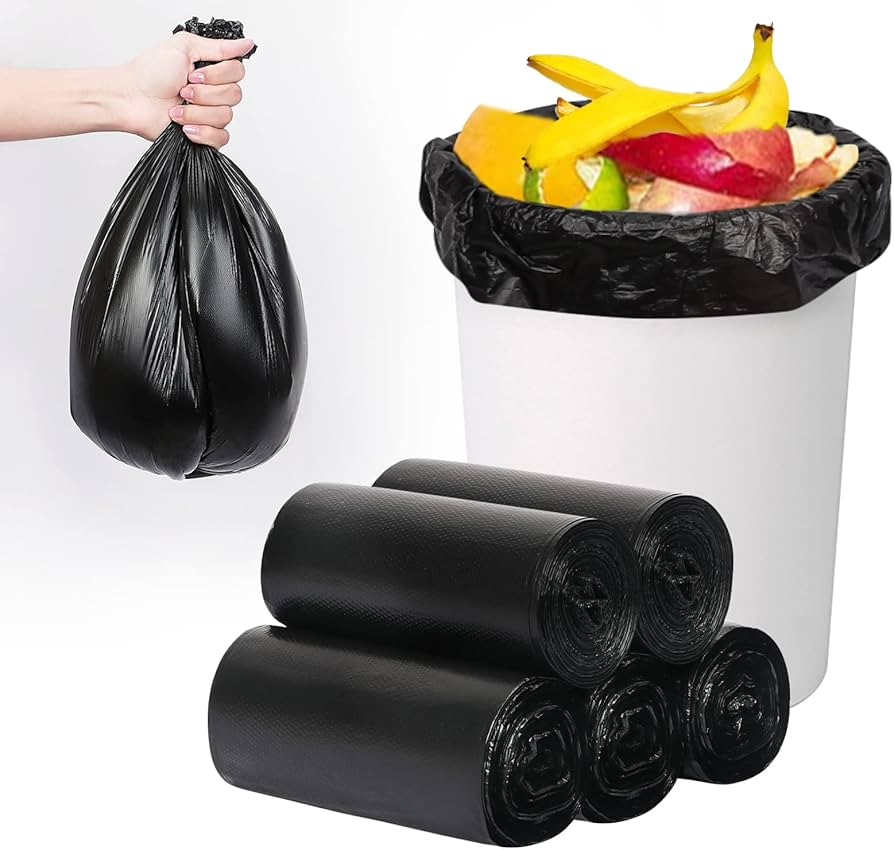Plastic distributors serve as the essential link between plastic manufacturers and industries that rely on plastic components for their operations. They play a pivotal role in the supply chain by sourcing various types of plastic resins, sheets, rods, and finished products, then delivering them to clients across diverse sectors such as automotive, packaging, healthcare, and construction. Without distributors, many businesses would face difficulties obtaining the right materials in the right quantity and quality. Distributors simplify the procurement process by offering a wide selection of products, flexible order sizes, and technical support. This helps small and mid-sized manufacturers compete effectively without the burden of dealing directly with large-scale suppliers. Their services are especially vital in regions where local production is limited, allowing global materials to reach even the most remote customers.
The plastic distribution industry is built on the principles of reliability, efficiency, and adaptability. Distributors must maintain large inventories and fast turnaround times to meet the constantly shifting demands of their clients. This requires effective warehouse management, precise forecasting, and strong relationships with manufacturers. They must also stay updated on new material innovations, including high-performance plastics and environmentally friendly alternatives. Clients rely on distributors not just for supply but also for expertise in choosing the right materials for specific applications. In many cases, distributors offer cutting and fabrication services, saving clients the additional step of processing raw materials. Their ability to bundle product knowledge with service makes them more than just suppliers—they become strategic partners in the production process.
Logistics is a key area where plastic distributors add value. Managing the transportation and timely delivery of plastic products, often bulky and varied in shape, requires careful coordination. Distributors operate fleets or partner with logistics companies to ensure smooth transit from warehouses to customers. They must consider weather, traffic, and global shipping delays that may impact delivery schedules. In international markets, distributors also handle customs clearance and import/export documentation, easing the burden on buyers. Their ability to manage these logistical challenges effectively ensures minimal downtime for manufacturers and reduces the risk of production halts. Furthermore, their extensive networks help stabilize supply in times of raw material shortages or price fluctuations.

The shift toward sustainability has influenced the operations of many pabrik plastik termurah gac plastik. With increased awareness of plastic pollution and government regulations on waste reduction, clients are looking for recycled and biodegradable plastic options. Distributors are now expanding their portfolios to include environmentally conscious materials such as bio-based plastics and post-consumer recycled resins. They also educate clients on how to integrate these alternatives without sacrificing performance or increasing costs significantly. In addition to offering green materials, many distributors are adopting sustainable practices within their own operations, such as using energy-efficient warehouses and reducing packaging waste. This dual commitment to providing and practicing sustainability not only meets regulatory requirements but also enhances their brand image. As environmental concerns continue to shape consumer behavior, distributors with a green focus are well-positioned to lead the industry.
Technology has brought major improvements to the plastic distribution sector. Many distributors now use advanced software to track inventory, automate orders, and manage customer relationships. Clients can place orders online, check stock availability, and receive delivery updates in real time. Some distributors also use data analytics to forecast demand and offer personalized solutions based on client preferences and order history. This digital transformation has streamlined operations and made the purchasing experience faster and more user-friendly. Additionally, technologies like barcoding and RFID have improved warehouse accuracy, reducing errors in order fulfillment. Embracing these innovations allows distributors to stay competitive and responsive in a fast-paced global market where efficiency is a key differentiator.
In the future, plastic distributors will continue to play an increasingly strategic role in manufacturing and supply chain networks. As industries adopt new technologies and materials, the need for knowledgeable and flexible distribution partners will grow. Distributors will be expected to provide even more value-added services, such as technical consultation, sustainability guidance, and end-to-end supply chain support. Globalization, e-commerce, and advancements in materials science will open new opportunities and challenges. Those who invest in innovation, customer service, and sustainable practices will thrive in this evolving landscape. Ultimately, plastic distributors are not just providers of materials—they are facilitators of progress, enabling industries to adapt, innovate, and meet the demands of a dynamic world.
